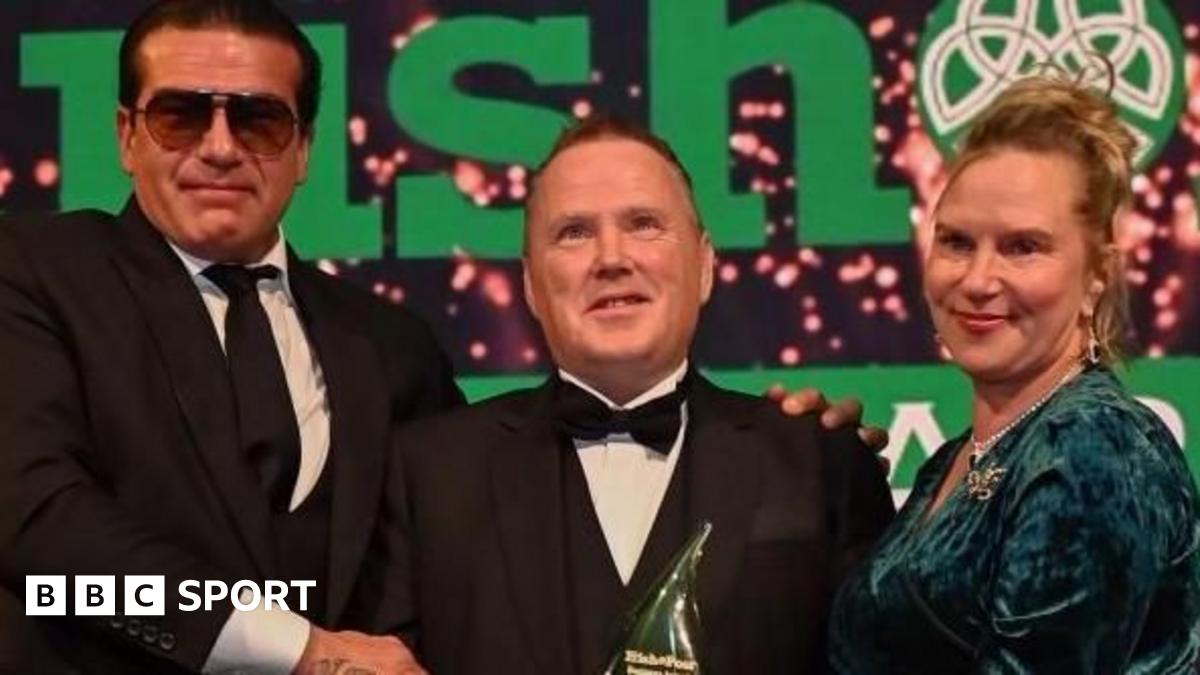Mentorship will grow the next generation of leaders

Effective mentorship will be the secret recipe to grow the next generation of leaders. I’ll be the first to admit that this isn’t a new concept, but it’s extremely hard to get mentorship right. I’ve seen organizations toss mentorship into internal and external communications content as a vague component of professional development, with no real structure.
Similarly, I know too many wildly talented, well-intentioned executives who are fully on board with the concept of mentorship but stop short of adopting it as a core element of their lives. The same goes for those just starting out in their careers: Being or finding a mentor is an afterthought, a “nice to have,” something to consider when their to-do list gets shorter. Spoiler alert to those starting a career: Your to-do list never gets shorter.
Mentorship is a foundation
The word “mentor” is a noun, describing a person who mentors, but it’s also a verb—an action you to do.
I’m passionate about this because I wholeheartedly believe that mentorship is the key to breaking down self-imposed artificial barriers and unlocking our true potential as professionals, and as people.
Before I go any further, here’s a critical point: Mentorship is traditionally characterized as benefitting the mentee, as altruism on the part of the mentor who’s “doing a favor” for the person who is less advanced in their career.
Please, if you take nothing else from reading this, hear me on this one: Mentorship doesn’t just break through barriers for the mentees. Done right, mentors too, will find themselves reimagining what’s possible.
This may sound like Pollyanna-style thinking, but I am speaking from my own experience and from observing countless other mutually beneficial mentor/mentee relationships.
Break self-imposed ceilings
Here’s why mentorship matters so much. Most of us construct invisible barriers that limit our potential. That applies even to those who are—or believe they are—at the so-called “top” of their careers. These self-imposed ceilings manifest in surprising ways, not just in career aspirations but in how we approach work itself.
I’ve placed limitations on myself, too. And I had every reason not to—my mother was an executive, picking me up from gymnastics practice in a suit, typically the last one to arrive. I’ve seen what climbing the corporate ladder looks like. But there’s a difference between seeing it and immersing yourself in what’s possible, because the latter requires confronting your real goals.
Consider how many talented departmental leaders hesitate to pursue paths beyond the head of their department. How often do we see a CMO who wants to become CEO? There’s nothing inherently wrong with “topping out” at anycareer level, but it should be because that’s where you want to be, not because that’s where you think your path is supposed to end. In so many cases, the stopping point isn’t due to capability gaps but because of internalized assumptions about where your career should plateau based on your background or expertise.
Rethink what’s possible
This is where mentorship comes in. Effective mentorship creates space to examine and challenge these self-constructed limitations. When someone asks the right questions and provides consistent support, seemingly fixed boundaries suddenly become permeable.
Clearly, this is important for mentees who are rising through the ranks in their careers. I’ve found that serving as a mentor forces you to confront your own path, assumptions, and limitations. You might never dream of telling a mentee, “This is where your path should end; don’t explore any lateral moves to a different area of expertise, and don’t pursue a role that most people with your background would consider too ‘advanced.’” And yet, we—subconsciously or blatantly—tell that to ourselves all the time.
Cross-functional experiences build leaders
Many of the limitations we place on ourselves are constructed from a traditional perception of career paths.
And yet, my own path taught me that leadership excellence requires perspective from multiple angles. My first job involved fulfilling collateral packages for inside sales. And while my career has been centered around marketing, I’ve branched out the last few years by embracing customer success and renewals.
This diversity of experience has done more than build my resume—it completely changed how I understand business. Each role offered a different vantage point on the same organizational challenges, creating a comprehensive picture impossible to see from a single department.
When mentoring emerging professionals, I encourage similar exploration beyond their comfort zones. Breaking down silos between departments improves organizational efficiency and develops leaders with a fuller understanding of how businesses function. Win-win!
You don’t have to stay in your lane to advance. The most effective leaders combine deep expertise with broader business acumen gained through varied experiences.
Making membership work
It’s a misconception that mentor/mentee relationships must be someone from an older generation mentoring someone from a younger generation, or that they must be at opposite ends of a traditionally linear career path.
An effective mentor/mentee relationship encourages people with different experiences and perspectives to share and grow together. Find someone with whom you click, who challenges you, who holds you accountable, and who has a similar level of commitment to the relationship.
For the mentees, show up with something to offer, whether that’s a useful perspective or even just a high level of preparation so you’re making the best use of your mentor’s time. I encourage my mentees to come prepared with clear agendas for our discussions—ensuring we address priorities efficiently whether we have five minutes or 30.
From mentorship to legacy
I have benefited tremendously from mentors throughout my career. And my commitment to developing the next generation of diverse business professionals has become central to my leadership philosophy. I measure success not only by my achievements but by the growth of those I’ve mentored and the ripple effects their advancement creates.
Again, mentoring isn’t about doing favors—it’s about building something larger than individual careers. It’s about creating pathways for others to follow while simultaneously expanding your own vision of what’s possible.
Mentors, this is how you turn a career into a true legacy. Sounds good, doesn’t it?
Melissa Puls is chief marketing officer and senior vice president of customer success at Ivanti.
What's Your Reaction?
 Like
0
Like
0
 Dislike
0
Dislike
0
 Love
0
Love
0
 Funny
0
Funny
0
 Angry
0
Angry
0
 Sad
0
Sad
0
 Wow
0
Wow
0






























































![Kansas City Chiefs Have Taylor Swift, Here Is Every NFL Team’s Celebrity Muse [Part 2]](https://thechive.com/wp-content/uploads/2025/08/lead_9a6ac8.jpg?attachment_cache_bust=5072985&quality=85&strip=info#)

![Kansas City Chiefs Have Taylor Swift, Here Is Every NFL Team’s Celebrity Muse [Part 1]](https://thechive.com/wp-content/uploads/2025/08/lead_e9029f.jpg?attachment_cache_bust=5072647&quality=85&strip=info#)






























